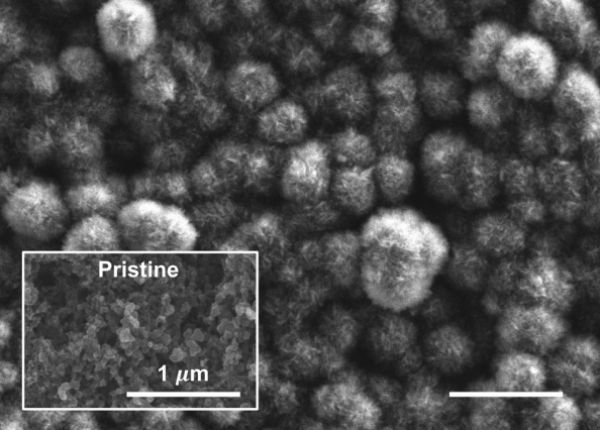Reading: Nature (part 2)
- Human attention to aesthetics of nature led to altering nature into appealing fixtures, & development of detailed architecture.
- “As capitalism besieged the natural world, nature was increasingly defined as these places ‘where nature was not.”
- “The price of a comparatively small patch of landscape beauty & composure might include more extensive ugliness & environmental dislocation elsewhere.”
- Romantic ideal of resuming contact with a re-enchanted nature + the emergence of ecological science = the sprouting of interest in the status of nature to us.
- “The belief that people are free by nature but enslaved by man inspired a range of causes from medieval peasant revolts to the 18th century anti-slavery movement.”
- “The reasoning that, if nature is good, then human nature must also be good was hotly debated…”
- Discuss ‘human nature’ versus ‘nature.’
- Similar to Fanaticism of the Apocalypse in the sense that it addresses the radical environmentalists who believed that humans were burdens to nature.
- “….approached history as a foul deviation from nature’s original plan for liberty, equality, & fraternity.”
- Primitivism – idealizing nature before commerce & industry.
- Do you think this attitude can be compared to older generations’ reluctance to technological advances?
- “To me, high mountains are a feeling, but the hum of human cities torture.”
- What does this mean?
- “….for transcendentalists, human spirituality was the element of highest value in the universe, leaving nature as a conduit, a raw material to assist the human spirit in its quest for perfection”
- Do you think this was evident earlier in human history, or that it was a development of the Industrial Age?
- Also addresses the debate of human superiority.
- “Thus at every step we are reminded we by no means rule over nature like a conqueror over a foreign people, like someone standing outside nature, but that we, with flesh, blood, & brain belong to nature & exist in nits midst.”
- How do people argue that we’re superior to other organisms?
- Imagination
- Souls
- Communication
- Language
- Cognitive thinking
- What is your stance of human superiority to nature/other organisms?
- Environmentalism affected by social class, political positions, & economic values.
- Social justice environmentalists’ “goal is to redeem the city by re-conceptualizing ‘nature’ & ‘the environment’ as people’s ordinary daily living, working, & playing spaces. The desired outcome is an idea of nature that includes people & their activities & redefines environmental problems so that they become inseparable from issues of socio-economic deprivation & racial discrimination.”
- Environmental racism.
- “…they argue that woman’s biological functions & nurturing responsibilities heighten their sensibility to suffering & give them a natural role as planetary protectors & housekeepers.”
- How does this make you feel? Can you find any truth in this statement or is it just blatantly sexist?
- “Nature also justified Nazi views on sexual orientation, racial purity, & women’s status.”
- How did you interpret the section talking about nature & Nazis?
- “There are no shared, universal threats – different groups privilege those confronting their own particular interests.”
- Difference in our interest in environmentalism versus 3rd world countries.
- “….we underestimate nature’s capacity to recover from such catastrophes.”
- To what extent do you believe this to be true?
Environmental News:
New battery has potential to convert carbon dioxide from energy plants into a solid mineral carbonate, which would ultimately reduce greenhouse gas emissions, & thus global warming. Te battery is made from lithium metal, carbon, & an electrolyte.

Project Updates:
Possible date/time – Wednesday, October 5th from 7pm-9pm.
All materials collected & sanitized.